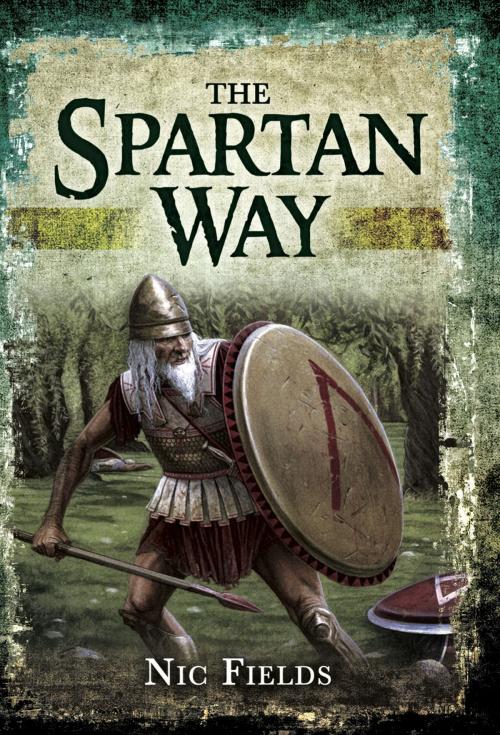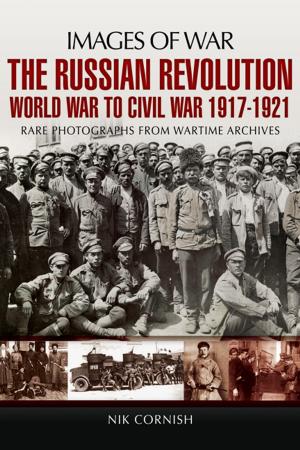| Author: | Nic Fields | ISBN: | 9781783830497 |
| Publisher: | Pen and Sword | Publication: | February 28, 2013 |
| Imprint: | Pen and Sword | Language: | English |
| Author: | Nic Fields |
| ISBN: | 9781783830497 |
| Publisher: | Pen and Sword |
| Publication: | February 28, 2013 |
| Imprint: | Pen and Sword |
| Language: | English |
For a period of some 200 years, Sparta was acknowledged throughout the Greek world as the home of the finest soldiers. Xenophon called them 'the only true craftsmen in matters of war'. Nic Fields explains the reasons for this superiority, how their reputation for invincibility was earned (and deliberately manipulated) and how it was ultimately shattered.
The Spartan Way examines how Spartan society, through its rigid laws and brutal educational system, was thoroughly militarized and devoted to producing warriors suited to the intense demands of hoplite warfare - professional killers inculcated with the values of unwavering obedience and a willingness to fight and die for their city. The role of Spartan women, as mothers and wives, in shaping the warrior ethic is considered, as are the role of uniform and rigorous training in enhancing the small-unit cohesion within the phalanx , and the psychological intimidation of the enemy.
The final chapters chart the course of Sparta's successes through the period of the Persian and Peloponnesian Wars, through the Corinthian and Theban wars of the fourth century BC, which culminated with the shattering military defeats at Leuctra and 2nd Mantinea, and the years of her decline with the Spartans as a source of mercenaries for the wars of other states.
For a period of some 200 years, Sparta was acknowledged throughout the Greek world as the home of the finest soldiers. Xenophon called them 'the only true craftsmen in matters of war'. Nic Fields explains the reasons for this superiority, how their reputation for invincibility was earned (and deliberately manipulated) and how it was ultimately shattered.
The Spartan Way examines how Spartan society, through its rigid laws and brutal educational system, was thoroughly militarized and devoted to producing warriors suited to the intense demands of hoplite warfare - professional killers inculcated with the values of unwavering obedience and a willingness to fight and die for their city. The role of Spartan women, as mothers and wives, in shaping the warrior ethic is considered, as are the role of uniform and rigorous training in enhancing the small-unit cohesion within the phalanx , and the psychological intimidation of the enemy.
The final chapters chart the course of Sparta's successes through the period of the Persian and Peloponnesian Wars, through the Corinthian and Theban wars of the fourth century BC, which culminated with the shattering military defeats at Leuctra and 2nd Mantinea, and the years of her decline with the Spartans as a source of mercenaries for the wars of other states.















